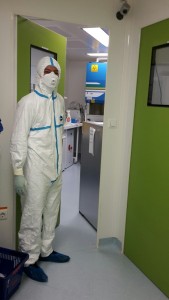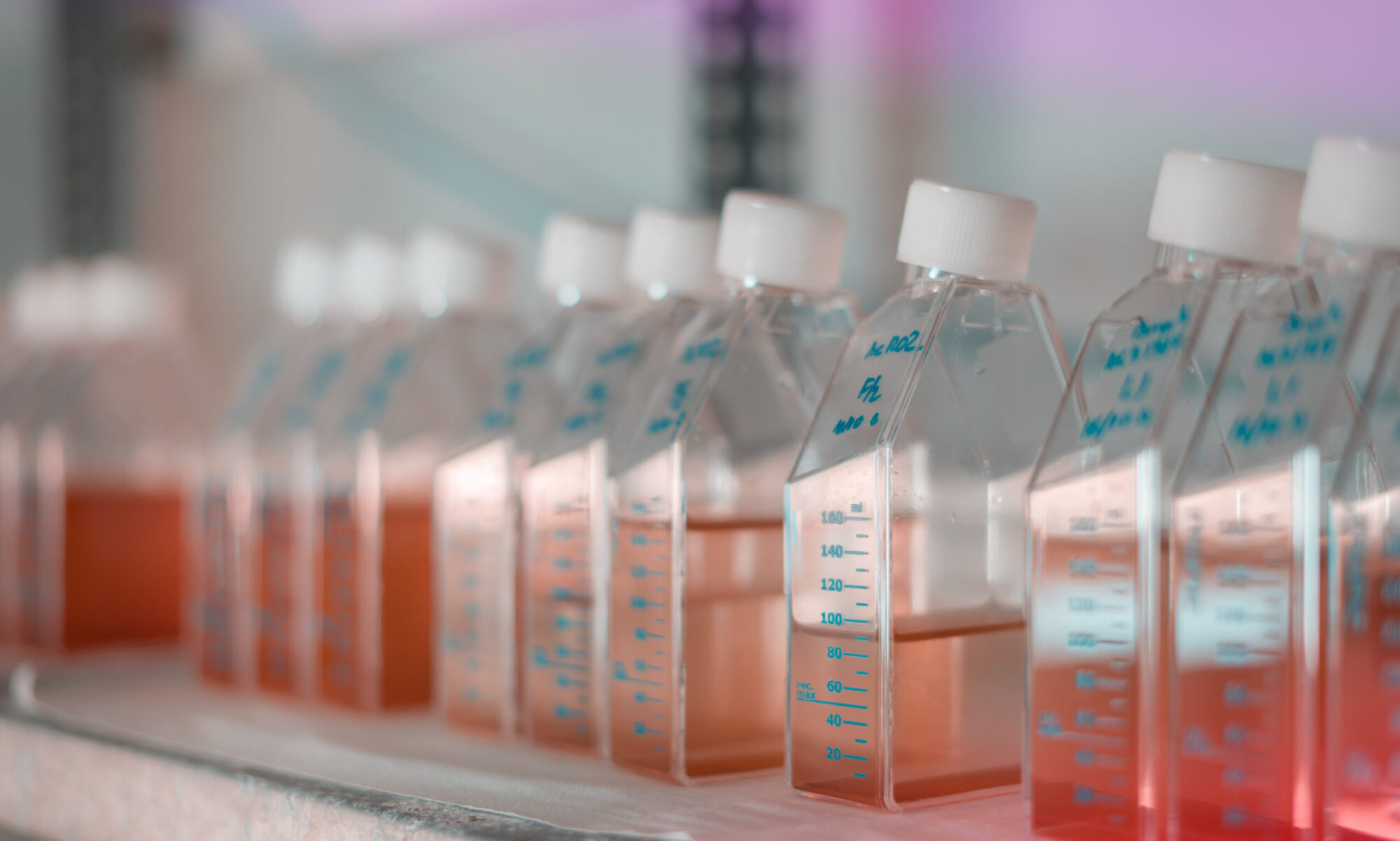| Acronym: INFRAVEC 2  |
Research Infrastructure Program on insect vectors of human and animal disease
|
||
| Principal investigator | Institut Pasteur | ||
| Focal point IPNC | Nicolas Pocquet, | ||
| Collaborators at IPNC | Myrielle Dupont-Rouzeyrol, Olivia O’Connor, Morgane Pol, Sosiasi Kilama | ||
| Other Collaborators | 24 consortium partners (IP, UG, POLOGGB, IRD, IPNC, CUNI, CIRAD, Imperial, IRTA, EMBL, TPI, CAA, Trop IQ, MPIIB, FORTH, RUMC, UNS-FA, UZH, LSTM, IPD, USTTB, HSeT, WU, CNRFP). | ||
| Total budget of project | 10 000 000 € | Budget devoted to IPNC: 78 860 € | |
| Funding | European Commission Horizon 2020 | ||
| Timeline | Start date: March 2017 | End date: 2020 | |
| Context | |||
| Insect vectors transmit parasitic diseases such as malaria and leishmaniasis, and viral infections such as chikungunya, dengue, Zika, Japanese encephalitis and yellow fever. The 24 consortium partners hold the major European biosecure insectaries for experimental infection and containment of insect vectors under Containment Level 2 and 3 (CL2/CL3) conditions, other key insect vector facilities, and include front-line field sites in Africa, the Pacific, and the Americas. | |||
| Objectives | |||
| The Infravec2 project provides research resources and access to key infrastructures for insect vector biology at no cost to the end-user. The goal is to accelerate European research in insect vector biology research, and to develop new vector control measures targeting the greatest threats to human health and animal industries. | |||
| Methods | |||
|
As part of this project, IPNC will provide access to its Level 2+ laboratory for experimental infection with Aedes aegypti, and to provide dead mosquitoes (Ae. aegypti or Culex quinquefasciatus) or eggs of Ae. aegypti. IPNC is also in charge of creating a reference strain of Ae. aegypti whose microbiota will be characterized at the beginning of the breeding and during the generations.
|
|||
| Perspectives | |||
| Infravec2 will improve the exploitation of European vector infrastructures for research and public health, and will develop other innovative methodologies and technologies. | |||


Institut Pasteur de Nouvelle-Calédonie
Recherche, Santé publique , Formation